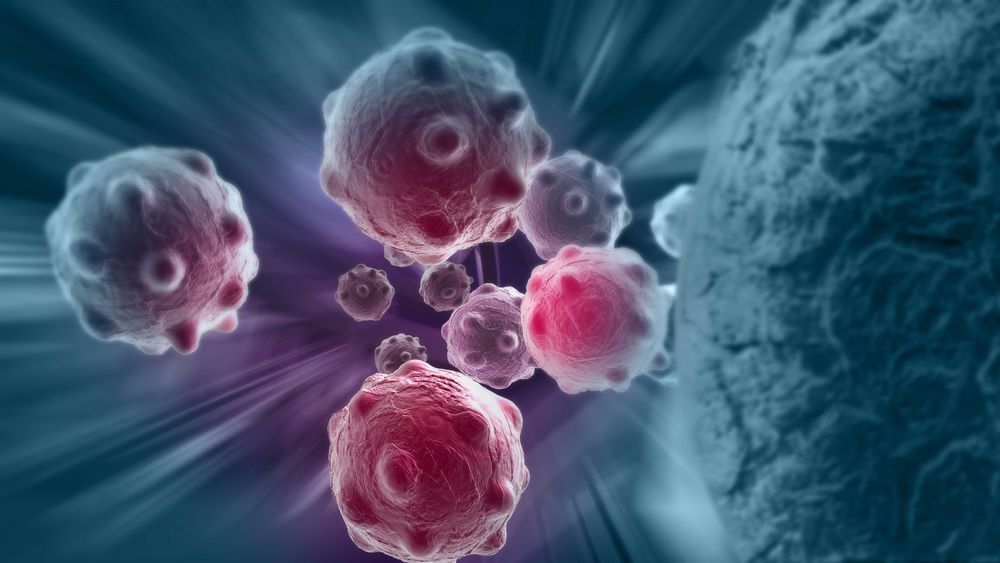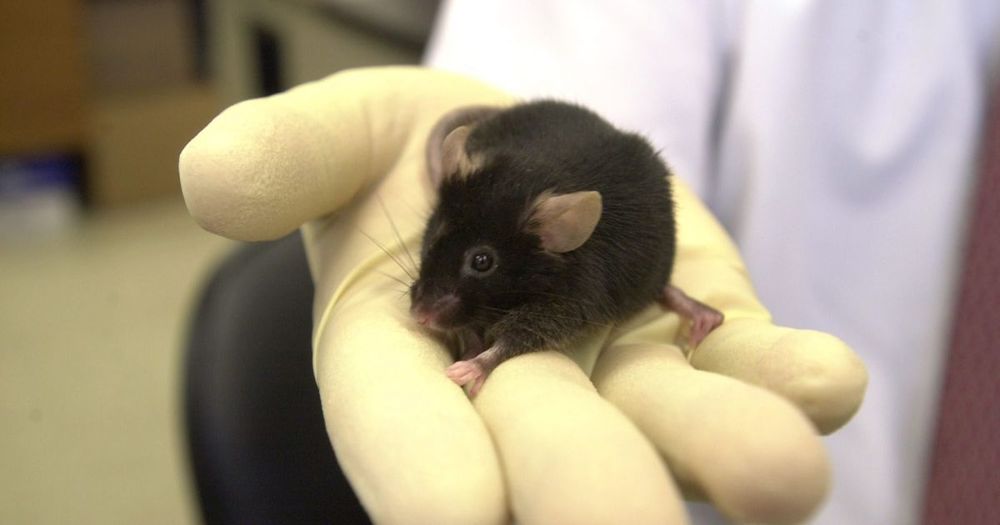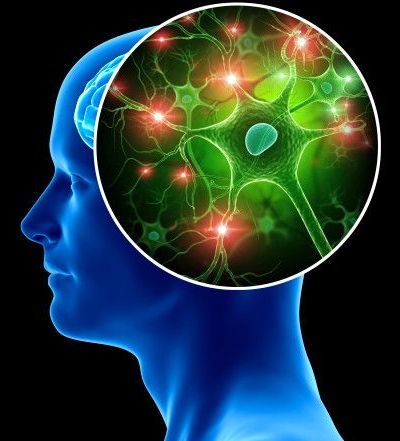Jan 26, 2020
New drug may keep cancer metastasis under control
Posted by Paul Battista in categories: biotech/medical, entertainment
Sorry, might be a re-post, new source (r;ns)
Fighting cancer can sometimes feel like a game of Whack-A-Mole – even after a primary tumor is removed the disease can crop up again in other organs. Now, researchers at the Harry Perkins Institute of Medical Research have developed a drug that can prevent cancer from spreading.
Previous research has shown that before tumors start to spread, they secrete substances that prepare new places for them to settle down. One way in which the disease does this is by making blood vessels in the area “leaky,” allowing the cancer to penetrate them easier. And it’s this process that the new drug, created by researchers at the Harry Perkins Institute, prevents.
Continue reading “New drug may keep cancer metastasis under control” »



















